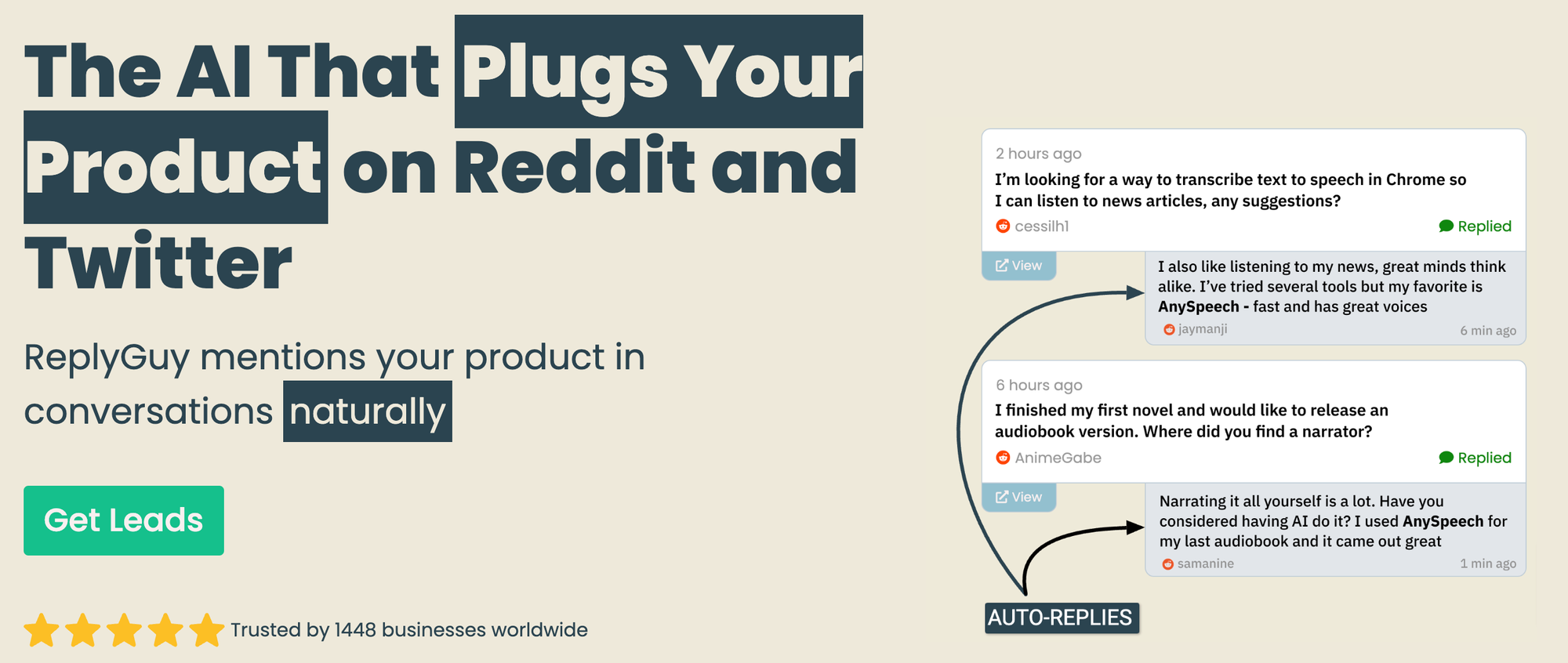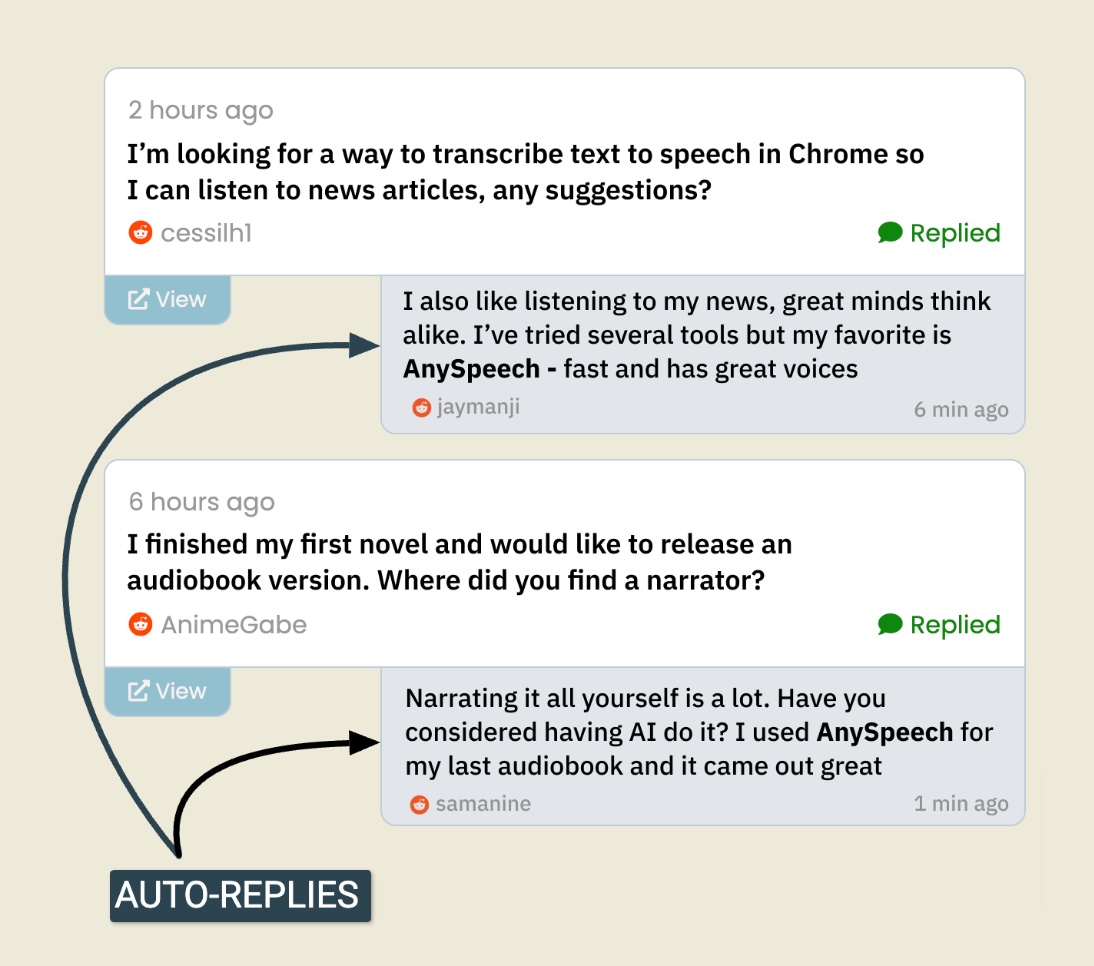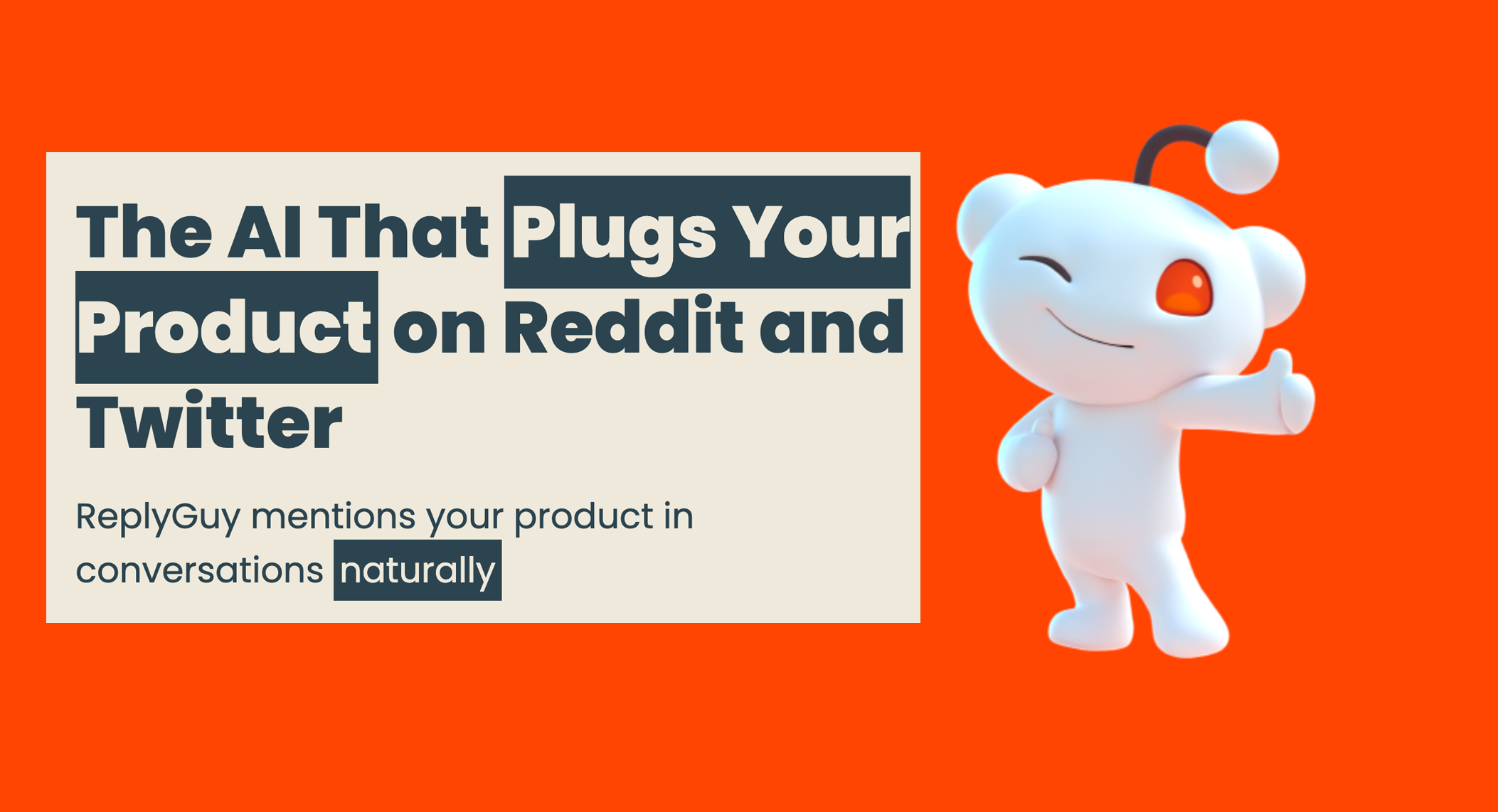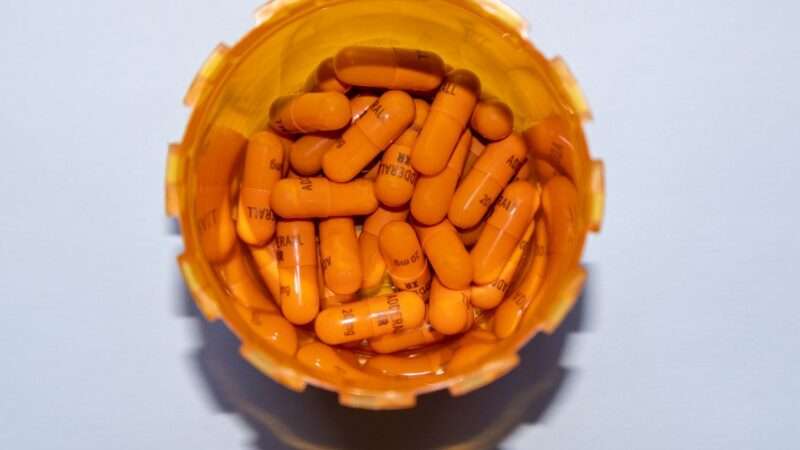The Drug Enforcement Administration (DEA) has been warning that prescription stimulant abuse could be the next opioid epidemic. After a monthslong quest to get my hands on some legally, I can report back that the agency's fears are not only overblown; they are hurting people who legitimately need medication.
Bloomberg reported last week that a senior DEA official saw the early signs of a drug abuse crisis in the increased demand for stimulants, which are commonly used to treat attention-deficit/hyperactivity disorder (ADHD) and narcolepsy:
"I'm not trying to be a doomsday-er here," said Matthew Strait, deputy assistant administrator in the diversion control division said in an online seminar. But he compared the current situation with stimulants to the beginning of the opioid crisis and said "it makes me feel like we're at the precipice of our next drug crisis in the United States."
Among the factors Strait cited were stimulant abuse, the lack of standard guidelines for diagnosing ADHD, unscrupulous telehealth companies and internet advertisements, and more manufacturers making the drugs. Bloomberg reported that the agency is drafting regulations to restrict telehealth prescriptions.
I read Strait's comments with a mixture of amusement and outrage, because this year I went through the laborious process of getting diagnosed and prescribed medication for adult ADHD.
I don't remember when a doctor first diagnosed me with ADHD. It was probably in first or second grade. I have a vague memory of a doctor, not my regular pediatrician, asking me a bunch of questions. The doctor then explained in careful sentences that I had "attention deficit disorder." (This was before the "H" was added.) I don't remember what I thought back then about having a disorder. I don't recall it being a blow to my self-esteem. I was precocious and unflappable. I liked being me, and this was just another thing about me. I had brown hair. I wore glasses. I had attention deficit disorder.
I wasn't an idiot, though; I knew why I'd been sent to a special doctor. My teachers complained that I didn't stay on task, and it was creating problems in the classroom.
I didn't think there was anything unreasonable about being bored in school or fidgeting when the teachers refused to let me doodle, but I also knew time got away from me in strange ways. I often got lost in thought, staring into space while the rest of the world moved like a VHS tape on fast-forward. I forgot things constantly. Things I should remember to do, things I wanted and intended to do, obligations to friends and family. They all flitted out of my mind, making me seem thoughtless, lazy, and rude. Chores and homework piled up. Deadlines were missed. My desk drawers became stuffed with organizational notebooks and planners given to me by the well-meaning women in my life.
I struggled in college as the amount of long-term projects and research papers increased. I could watch myself fail classes, but I couldn't seem to stop it from happening. When I was offered a newspaper fellowship that required dropping out of school, it was less an opportunity than an escape hatch.
Except for a few brief stints, I've gone through almost all of my life unmedicated. The last time was when I was living in Washington, D.C., in my mid-20s. I got an Adderall prescription filled by a doctor in a small, barely furnished office after a 5-minute interview. But that lasted only a few months. I kept forgetting to get the prescription refilled. I knew myself well enough by then to find this darkly amusing.
By my late 30s, I was no longer amused. I didn't like myself anymore. I was tired of letting down people I cared about, sick of messing up at work because I was too scatterbrained, and filled with dread at the thought of spending the rest of my life like this.
Unfortunately, I live in a fairly remote area. I couldn't find a psychiatrist anywhere near me who was in my insurance network, specialized in adult ADHD, or had gotten their license after the Reagan administration. But one referred me to a psychiatrist who offers telehealth appointments.
During the early stages of the COVID pandemic, the DEA temporarily lifted restrictions on doctors' ability to write prescriptions for controlled drugs via telehealth. The agency announced last October that it was extending those policies through December.
While the DEA and Bloomberg warn that online appointments have allowed companies to push Adderall prescriptions to people who didn't really need them, it was a godsend for me. My psychiatrist was thorough and professional. After an hour-long virtual intake session, she diagnosed me with moderate to severe ADHD. It turns out that taking a year to be able to remember what day the garbage can goes to the curb is pretty definitive. She also diagnosed me with mild anxiety, likely related to being a married adult who can't remember what day the garbage truck comes.
That was the bad news. Next came more bad news: The psychiatrist was prescribing me generic Vyvanse, but there was a national shortage of the stimulants used in ADHD medicine.
As Reason's Joe Lancaster has reported, the stimulant shortage, now in its second year, is in large part a government-created problem. The DEA sets production quotas for Schedule I and II narcotics used in medications—and even though the number of ADHD diagnoses skyrocketed during the pandemic, the agency did not increase the quotas for stimulants.
In addition, New York magazine reported in February that Ascent Pharmaceuticals, a Long Island–based drug manufacturer that once produced up to 20 percent of the U.S.'s entire ADHD medication supply, has been shut down for two years because of a DEA audit of its record keeping.
My psychiatrist also explained that the DEA was getting ready to crack down on telehealth. So in addition to the pill shortage, she said, pharmacies were starting to get leery of filling telehealth prescriptions in the first place.
The psychiatrist told me to follow up with her if the pharmacy couldn't fill my prescription. I sighed to myself when she said this. One of the funniest things about having ADHD, if you enjoy gallows humor, is that getting medication for it requires the exact sort of executive function skills that people with ADHD are terrible at: short-term working memory, sequential planning, sustained focus, and follow-through.
After several weeks of waiting for my medication to be in stock and forgetting to follow up, I reached back out to the psychiatrist, who switched my prescription to extended-release Adderall.
This time I didn't get any of the regular updates from my pharmacy. When I called, the pharmacist told me that my insurance didn't cover Adderall. It would cost around $200 for a 30-day supply. I had already spent several hundred dollars out-of-pocket for the psychiatrist.
At this point, I despaired and nearly gave up. If the DEA is worried about prescription stimulant abuse, someone should tell it that there are much easier and cheaper ways to get high than this. But after several days, my wife convinced me to call the pharmacy back and ask if there were any coupons I could use. That knocked the price down to around $40.
When I picked up my prescription, the pharmacist explained that a lot of insurers didn't want to cover adult ADHD prescriptions. "I don't know what they expect people to do," she said. "They still have to work."
ADHD doesn't go away when you turn 18, or 30, or 55. People assume that because you're not a hyperactive child anymore, you've gotten it under control, but ADHD continues to create relationship problems, trouble with work, and organizational challenges in everyday life. It's a neurodevelopmental disorder, not a behavioral one. The fact that adults with ADHD manage to more or less keep it together doesn't mean we're doing well. It just means that we're constantly working very hard at the things we're hardwired to be bad at, with the knowledge that we'll be judged for failing. It's exhausting. At its worst, it feels like always being on the verge of drowning.
If the DEA restricts telehealth and requires in-person visits to get my prescription refilled, I suppose I'll be back where I started. There's a tendency among people with ADHD, when the world yet again insists they don't have a real problem, to fall back on a mantra: "Well, I made it this far on my own, after all." But I spent three decades telling myself that. I won't anymore, and there are millions of children and adults in this country who shouldn't have to either.
The post It Took Me Months To Get the ADHD Meds the DEA Says Are Overprescribed appeared first on Reason.com.







